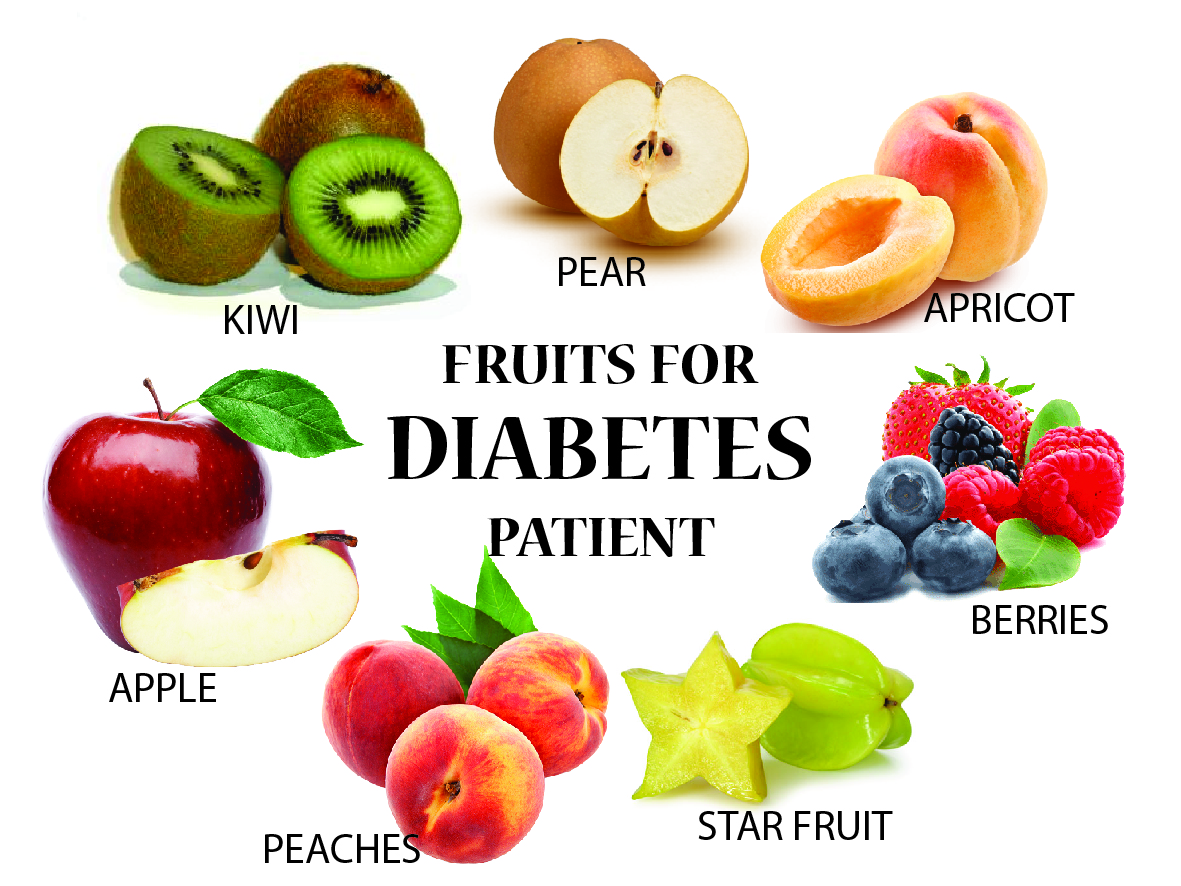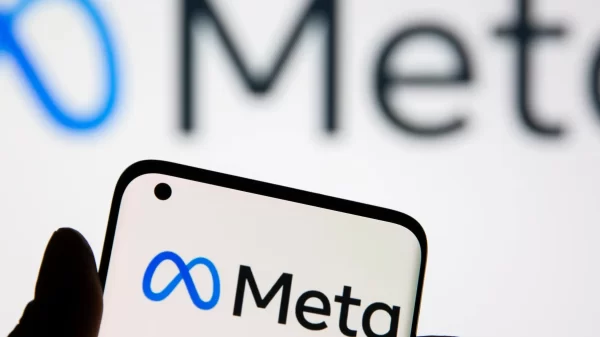TVC E. Eating fruit is a delicious way to satisfy hunger and meet daily nutritional needs. However, most fruits contain sugar, which raises questions about whether they are healthy for people who have diabetes.
Most people can probably name several fruits such as oranges and apples, but not know why they are fruits. Fruits contain seeds and come from plants or trees. People eat fruits that are stored in many ways – fresh, frozen, canned, dried, and processed.
But aren’t tomatoes and cucumbers also fruits because they have seeds? There are many foods that are classed as fruits that may surprise some people. Tomatoes, cucumbers, avocados, peas, corn, and nuts are all fruits.
It’s fine to think of tomatoes and cucumbers as vegetables rather than fruits, however. What’s important is how much energy (calories) and nutrients each food has.
The bottom line: it’s not important to know the difference between fruits and vegetables but to know that both are good for health.
Eating enough fiber plays an important role in managing diabetes. A diet high in soluble fiber can slow the absorption of sugar and control blood sugar levels. Many fruits are high in fiber, especially if the skin or pulp is eaten.
Many fruits are filling because they contain fiber and a lot of water.
Diets containing enough fruits and vegetables can reduce the risk of obesity, heart attack, and stroke. Obesity has been linked to type 2 diabetes.
Fruits are high in fiber and nutrients, so they are a good choice in meal planning. Fruits that have been processed such as applesauce and fruit juices have had their fiber removed.
The good news is that fruit is healthy to eat for people with diabetes, according to the National Institute of Diabetes and Digestive and Kidney Diseases (NIDDK).
People with diabetes should eat a balanced diet that provides enough energy and helps to maintain a healthy weight. Some fruits are high in sugar, such as mangoes, but can be part of a healthy diet as long as not too many are eaten.
Fruits can also satisfy a sweet tooth without resorting to candy and other foods with low nutritional value. Most fruits are high in nutrients and low in fat and sodium. Fruits also often contain nutrients not found in other foods.
Bananas contain potassium and tryptophan, an important amino acid. Citrus fruits like oranges and grapefruits are high in vitamins A and C, which are powerful antioxidants.
Most guidelines recommend that adults and children eat five servings of fruits and vegetables each day. The United States guidelines recommend that people fill half of their plate at each meal with fruits and vegetables. The remaining half of the meal would be protein and grains.
One serving is a medium-sized fruit, or a serving the size of a baseball. Smaller fruits like berries have a half-cup as the serving size.
A half-cup is also the serving size for fruit that has been processed, such as applesauce. Fruit juice is also a half-cup serving size, which is half of a regular, 8-ounce glass. Dried fruits like raisins and cherries are 2 tablespoons per serving size.
Like vegetables, it’s great for people to eat a variety of fruits to get their needed nutrients, as well as to enjoy their varied flavors.
The American Diabetes Association (ADA) say that as long as people aren’t allergic, any fruit is fine to eat.
It’s important to consider the preparation of fruit, however. Fresh or frozen fruits are better than those that are processed that come out of a can or jar. Common examples of these fruits are applesauce and canned fruit. Dried fruit and fruit juices are also considered to be processed fruits.
A girl holding an apple and a glucose meter.
Apples are a low GI food and so are good for controlling blood sugar levels.
People with diabetes should eat these processed foods sparingly. Processed fruits are more rapidly absorbed in the body and increase blood sugar. Also, many fruit preparations have lost some of their nutrients, including vitamins and fiber.
The NIDDK recommend that people with diabetes should avoid drinking fruit juices or canned fruits with added sugar, which are more quickly absorbed. This leads to a rise in blood sugar.
Join TVC News BBM Channel C0021B67E
Follow Us On Instagram – TVCconnect
Follow us on twitter – @TVCconect
Like us on facebook – TVCconnect


















